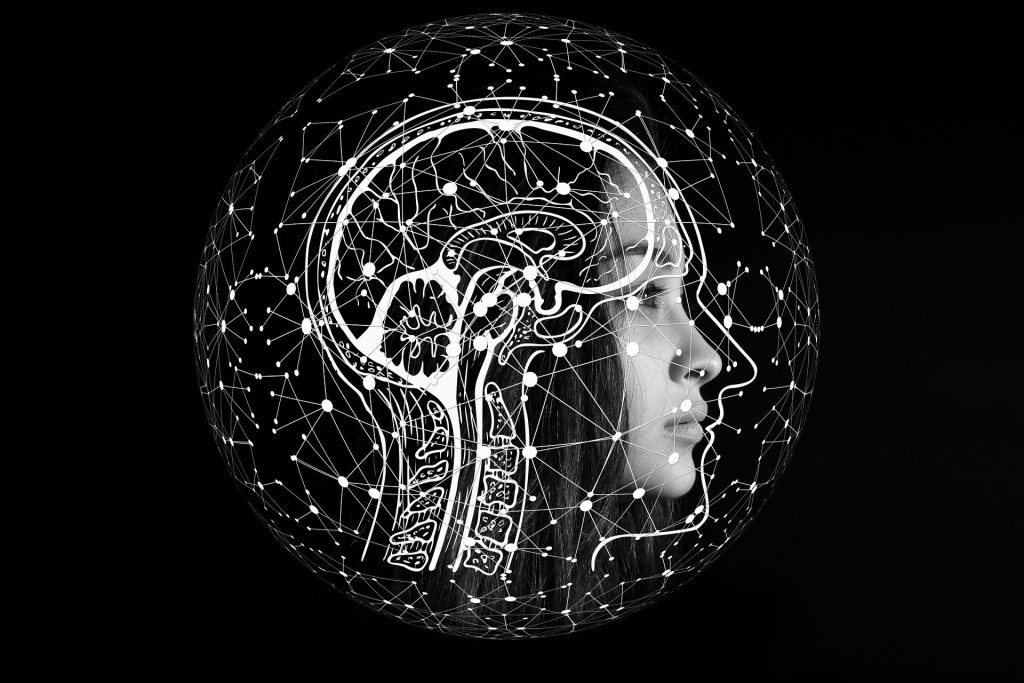
What if education was more than just books and classrooms? A captivating study is shedding light on the transformative power of learning, particularly for those from underprivileged backgrounds. This delightful exploration gives us not just data, but a heartfelt message about the importance of education in shaping lives.
Discovering the Power of Education
A recent study published in the Journal of Human Capital dives deep into the impact of education on adult cognitive skills. Spearheaded by Yuan Zhang, an assistant professor at Columbia University, the research focuses on adult siblings in Indonesia, providing fresh insights into how education can elevate minds, particularly for those starting from a disadvantaged position.
Highlighting the Findings
- For every extra year of education completed in the first nine years of schooling, adult quantitative and abstract reasoning skills nearly doubled. Isn’t that incredible?
- Children whose mothers had less education experienced significant cognitive gains from basic schooling compared to their peers with more educated moms. However, those gains appeared to level off at higher education levels. In contrast, kids with more educated mothers benefitted consistently from education.
- Moreover, the cognitive advantages of education aren’t just fleeting moments. Decades later, those with more education retained sharper skills in reasoning and quantitative thinking.
“Our study highlights education’s unique ability to break the cycle of disadvantage,” says Zhang. “This lifelong investment in education is crucial not just for childhood growth but also for long-term cognitive health. Early support for universal basic education can produce tremendous benefits—creating sharper minds today and healthier generations tomorrow.”
A Sibling-Based Study
The research team looked at over 20 years of data collected from Indonesian families, known for their strong recontact rates. By comparing siblings who grew up in the same household, sharing the same genetic and environmental backgrounds, they aimed to isolate the specific effects of education on cognitive skills. This unique approach ensures that findings attribute differences in skills directly to the years of schooling rather than the family background.
“Imagine two sisters growing up together,” Zhang explains. “If one sister completes her education while the other doesn’t, any differences in their adult reasoning abilities are likely due to those extra years of learning, not family circumstances.”
To validate their approach, researchers conducted a placebo-type test using height—something that education doesn’t influence. They found no link between height when comparing siblings, confirming the robustness of their method and the genuine impact of education.
With the support of co-authors Elizabeth Frankenberg from the University of North Carolina and Duncan Thomas from Duke University, the paper titled “Education and Adult Cognition in a Low-Income Setting: Differences among Adult Siblings” offers a heartwarming perspective on the role of education in shaping our cognitive development.
More information:
Yuan S. Zhang et al., Education and Adult Cognition in a Low-Income Setting: Differences among Adult Siblings, Journal of Human Capital (2024). DOI: 10.1086/734385
If you would like to see similar science posts like this, click here & share this article with your friends!




